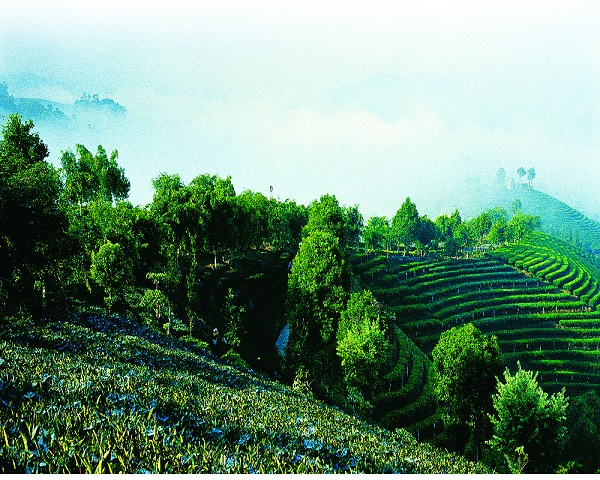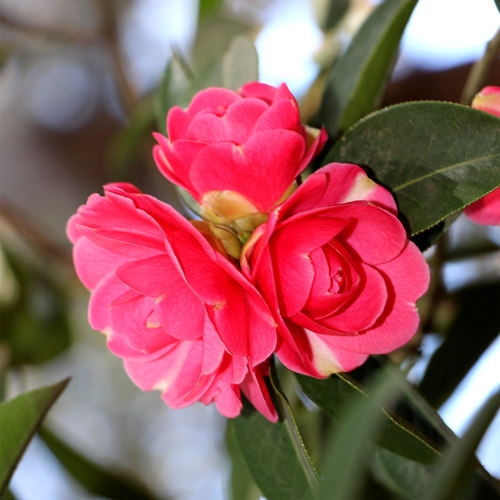
Tie-dyeing clothes
Tie-dyeing is an old Chinese textile dyeing technique. The Zhoucheng Bai Nationality tie-dyeing technique is the most famous one and China Culture Administration named the area “the Land for National Tie-dye”.
The tie-dyed materials are usually white cotton cloth or a blended fabric of cotton and flax, and the dye is mainly made from indigo plants. The main tools used are jars and sticks. There are many kinds of Bai tie-dyed items, using natural patterns with lucky meanings. To make the dye, wood leaves are collected and fermented in a pit until they are indigo in color. White cloth is tied and sewn into various patterns by hand and then dyed. After the cloth is dried and rinsed, designs of bees, butterflies, plum blossoms, fish, or insects appear with an artistic affect that cannot be achieved by painting.
The tie-dyed cloth is used to make clothes, caps, bags and so on. These products are very popular among domestic and foreign visitors and are therefore exported to Japan and Southeast Asian countries.



